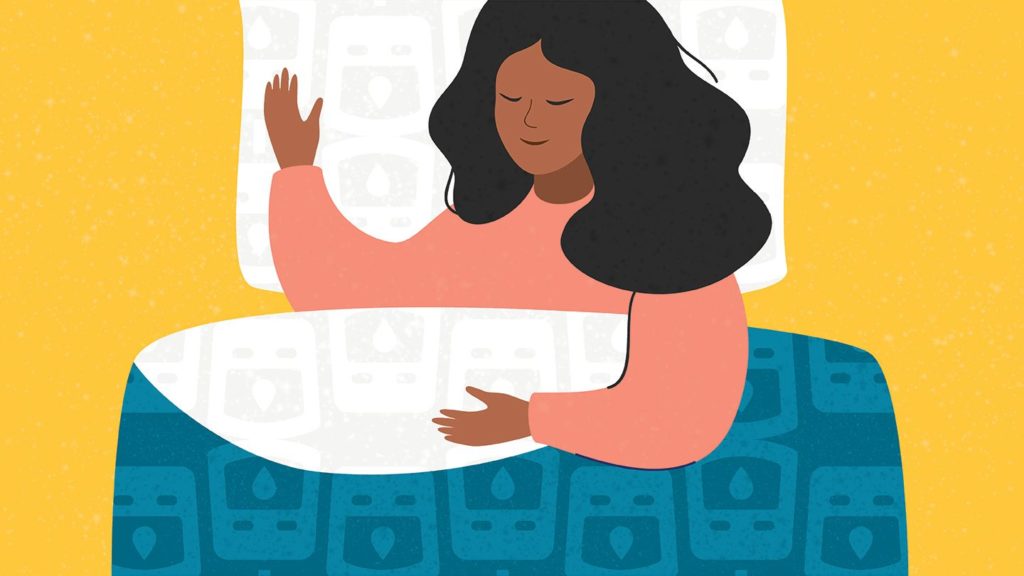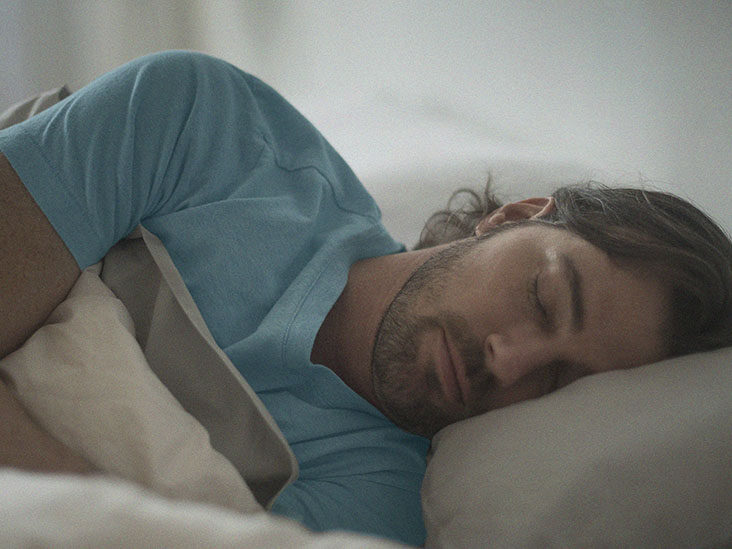
We have all heard that a person needs 8 hours of sleep a night in order to get the full amount of rest required by the body. As a diabetic, we require a bit more rest to be able to function. If we don’t get enough rest, it is more likely for us to get sick with viral infections because our immune system may not be able to fight it off as well as we could if we had gotten enough rest. Here are several things we can do to try to help get a better night’s sleep as diabetics.
Trying to keep the blood sugars from going to the extreme on either the high or low side allows you to get more rest from staying up to test and give corrections, or not having to check, eat something stay awake check again, and repeat the process if the numbers are not up. Also, alarms with CGM’s can interrupt a lot of Type 1 sleep. Leaving one feeling groggy and zombie-like the next day. One solution is changing the alarm settings for the hours while you sleep. Like if you have the alarm sounding when you are at 80mg/dL change it to 70m/dL or the high setting from 250mg/dL to 280mg/dL. When I am heading to bed, I try to have my blood sugar at 150mg/dL or above before I go to sleep just so I know I won’t go low during the night. Highs are a bit trickier but a good preventative to this is just to eat dinner anywhere from 5-7 P.M. Because if you eat later then you will have less time for your body to process the food before you go to bed. Lows are quicker to treat than highs so if you eat earlier and then go low when you go to bed just eat a snack with protein before bed to hold you till morning. Highs and extreme highs can take hours or even all night to correct. It can be awfully exhausting, especially when you have work or school, or anything planned for the next day.
Something else to consider to obtain healthier sleep habits is making a digital curfew time. This can be tricky now that a lot of diabetics use their smartphones as their CGM’s data receiver. However, it has been proven that our bodies fall asleep faster and easier if in the few hours before we go to bed, we don’t look at any screens or televisions. Even making your bedroom an electronic-free zone can be healthier for your overall sleep habits. Our bodies get used to certain rhythms called our circadian rhythms. Any blue light or missing sleep can throw off these rhythms making it harder to go to sleep the next day. After a while our bodies get used to waking up and going to bed at the same time every day. If we don’t get the amount of sleep our body needs, we may end up being so tired our body takes it when we can get it.
